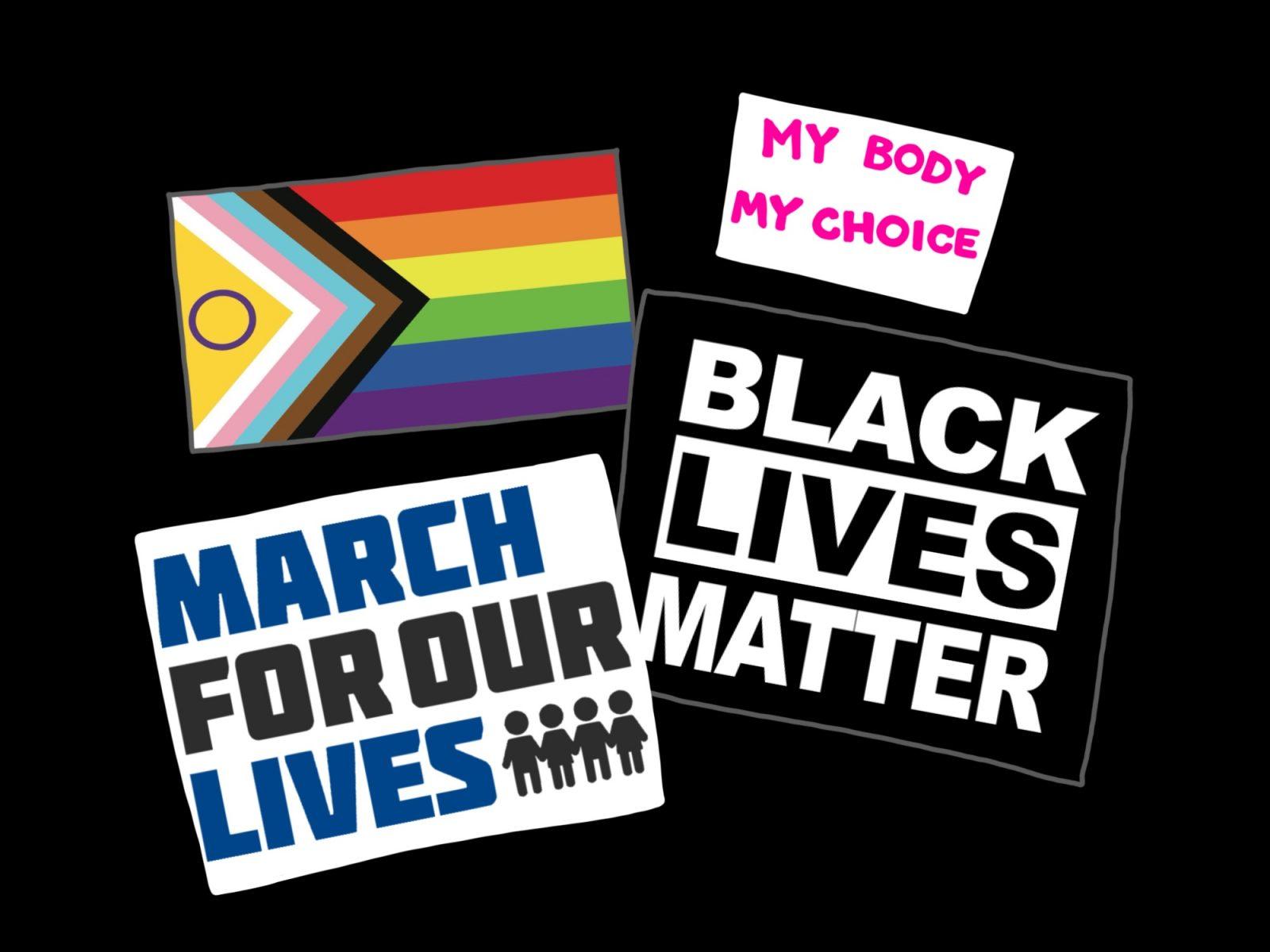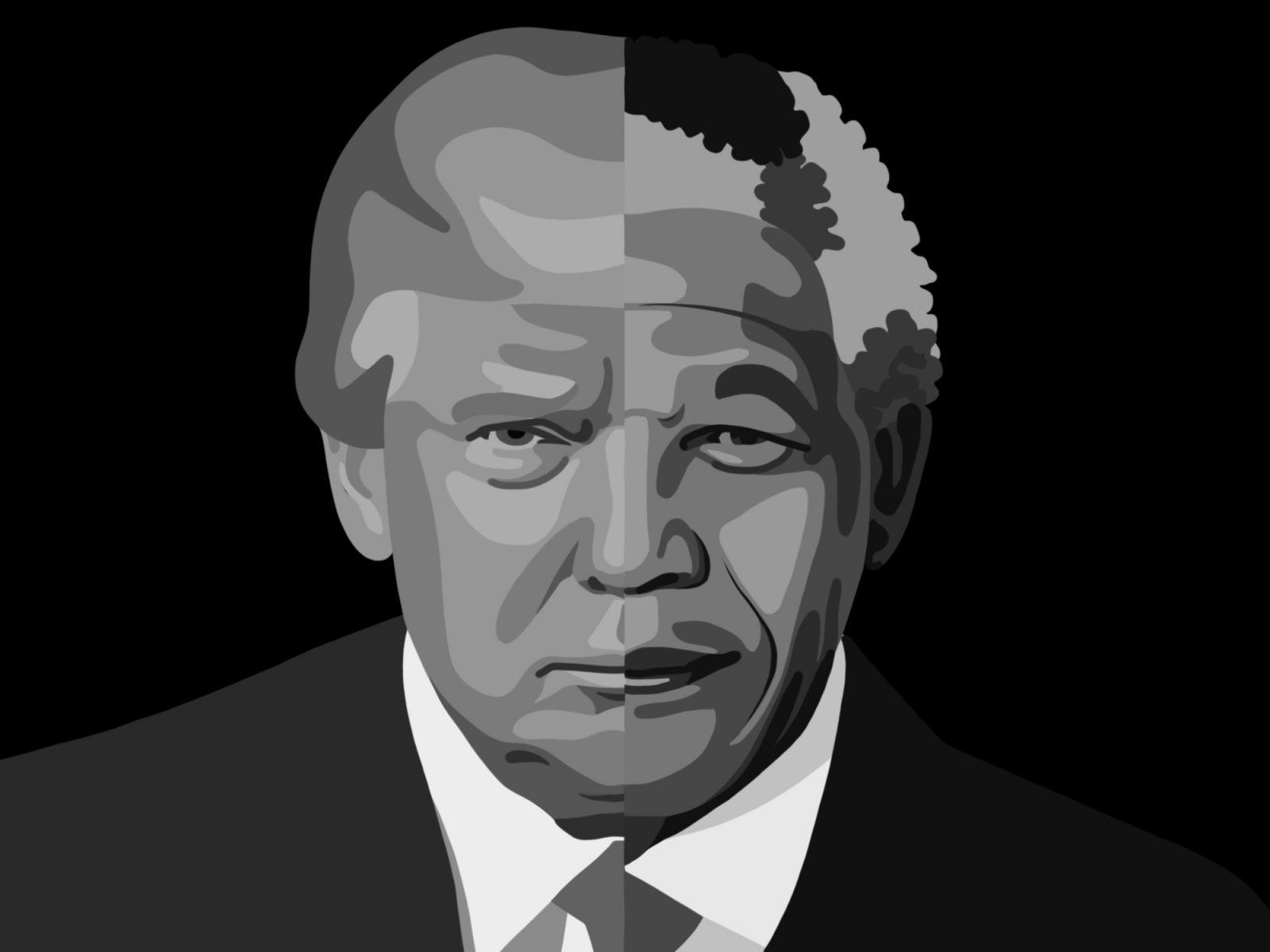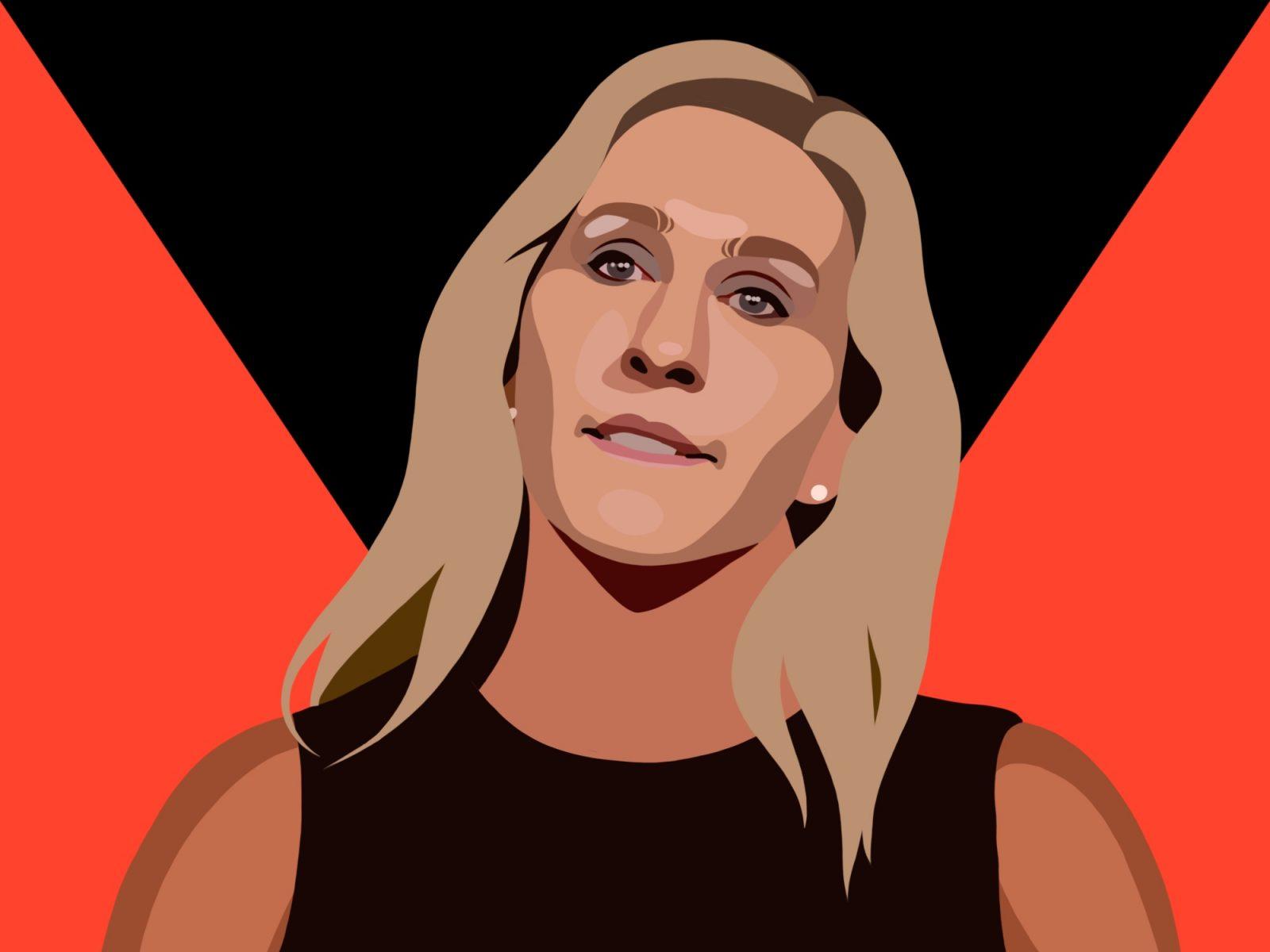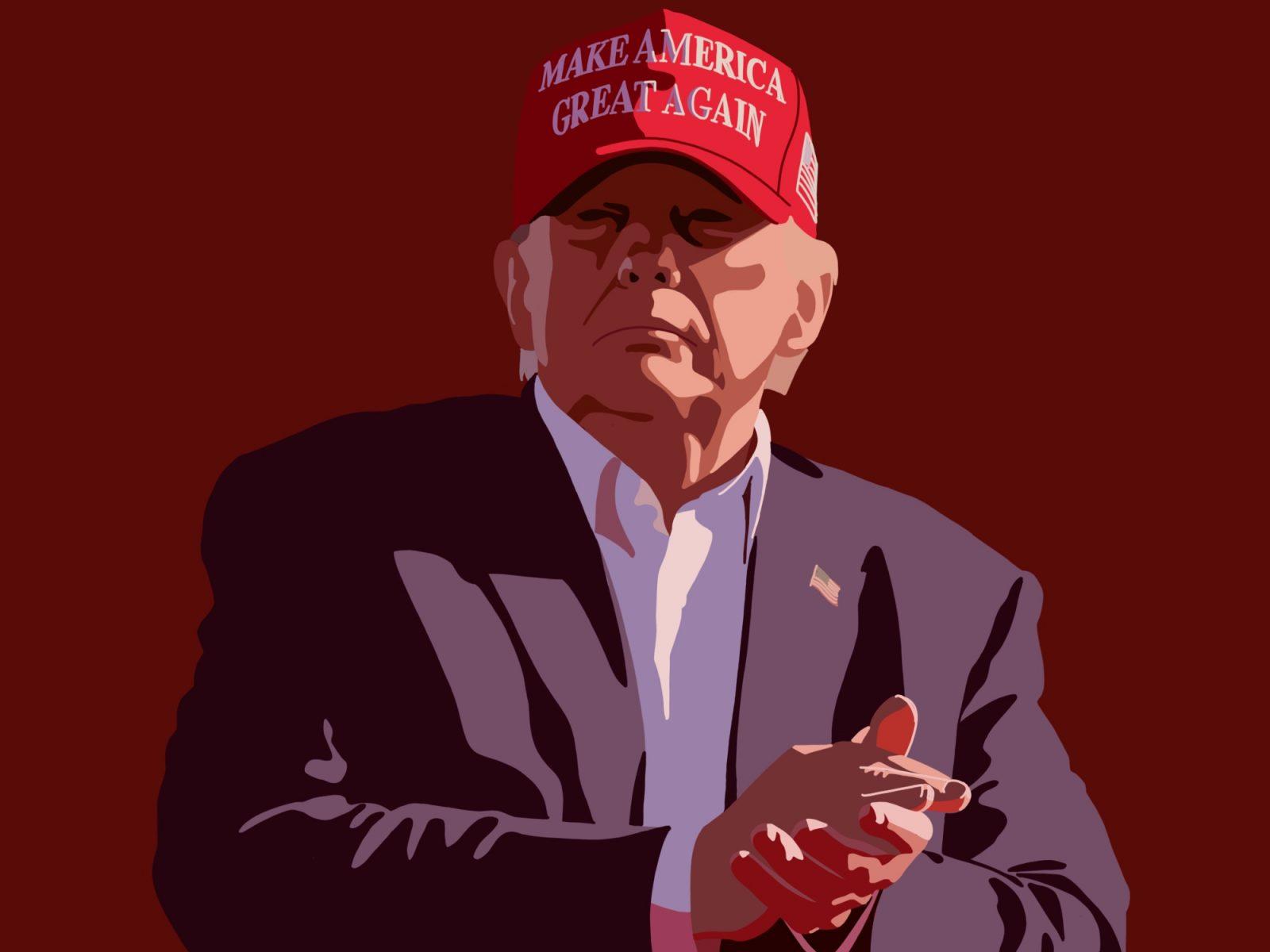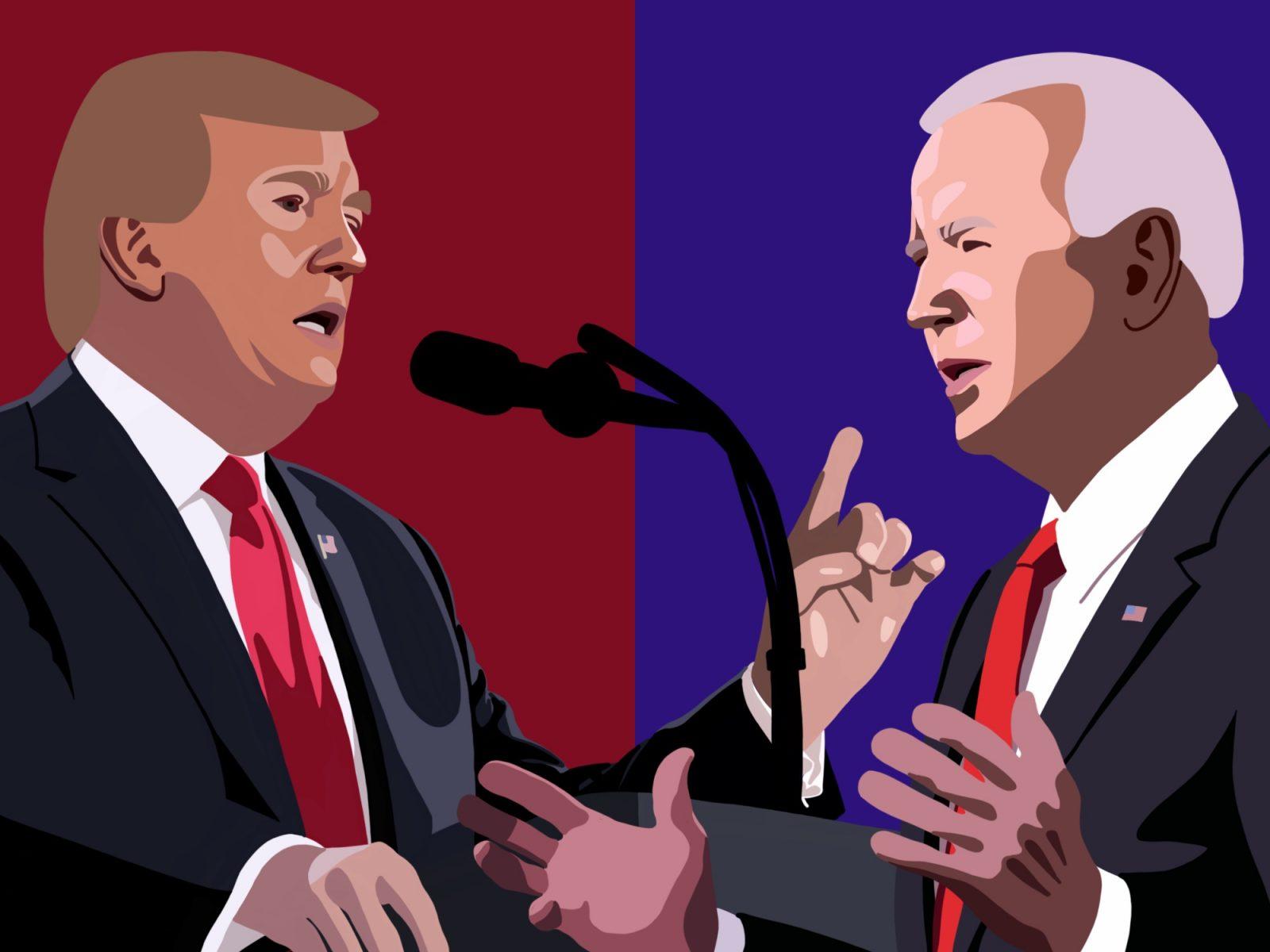President Joe Biden is catching up to former President Donald Trump in the 2024 presidential race, closing the four-point gap Trump held in February, according to a recent poll conducted by the New York Times and Siena College.
The poll reported that 45% of registered voters said they would vote for Biden if the election were held today, compared to 46% of registered voters saying they would vote for Trump. This includes “leaners” — factors in political polls that push undecided voters to some degree, such as excluding the “undecided” option or asking follow-up questions.

Thus, the only three answers provided on that version of the poll were Biden, Trump and “Don’t know/Refused.”
However, the poll version without leaners reported that only 40% of registered voters said they would vote for Biden if the election were today, compared to only 42% saying they would vote for Trump.
This poll included the same three answer choices of the one with leaners, as well as data for the Green Party’s Jill Stein, independent candidates Robert F. Kennedy Jr. and Cornel West and additional responses of “Another candidate” and “Not going to vote/wouldn’t vote if those were the choices.”
We need to lose the leaners when looking at presidential polls — especially this year — because the closing gap between Trump and Biden is not as close as it seemed. This is due in part to the third-party and independent candidates on the ballot.
Third-party candidates are generally known to lose. The last president who wasn’t a member of either of the two major political parties was Millard Filmore, who was elected in 1849.
These candidates often are excluded from the ballot in some states and struggle to maintain electoral support and voter engagement until Election Day, according to CNN.
I’m guilty of considering it pointless for third-party and independent candidates to try running for president. I mean, Stein is on her third presidential bid with the Green Party, and I still don’t quite think this time will be the charm.
But this year — given our current political climate that’s growing more polarized by the second, and given my festering fear of a second Trump term — it seems undeniably clear the impact third-party and independent candidates will have on Biden’s reelection bid.
In the poll, 2% of registered voters said they would vote for Kennedy Jr., and Stein and West each received less than 0.5%. Another 15% went to “Another candidate,” “Not going to vote/wouldn’t vote if those were the choices” and “Don’t know/Refused.”
In terms of the third-party and independent vote allocations, that’s roughly three percentage points that could go towards helping Biden beat Trump.
That being said, I don’t know that all those voters would definitively go blue if forced to choose between the two. The Green Party promotes a progressive platform, so I couldn’t picture any of that 0.5% voting for Trump after supporting Stein.
There’s the question of whether these candidates can garner enough support to steal more votes from Trump, which I think is particularly possible with the independent candidates.
Kennedy Jr. is a former Democrat with a liberal background as an environmental lawyer, but his independent bid for the presidency elicited concern from Republicans who think he may actually take votes from Trump.
He’s an anti-vaccine activist too, so I guess that conservative, conspiracy-theorist quality could add to his appeal from the right. While I don’t agree with views like this one, Kennedy gaining support would be fine with me since it’ll only draw voters who probably would’ve voted for Trump.
I don’t think West has the same right-wing appeal because of how he chooses to classify his political beliefs. West is framed as a “leftist” and “progressive” despite spewing right-wing extremist conspiracy theories.
If he took on a conservative, Republican-leaning label, West could gain some support from Trump-loving voters. But the current label he assumes is too confusing given the views he presents.
Don’t get me wrong — I don’t support either of these candidates, their policies or, quite frankly, half the things that come out of their mouths. But if they sound similar to Trump, who I believe is the worst of all evils, then I hope they can steal some percentage points from Trump in the next presidential poll.
It’s not like they can win either, what with the much-unprecedented momentum they would need to garner in the mere seven months until November. But this election has shown me that while third-party and independent candidates can’t win, they can impact elections.
If I don’t want Trump back in the White House, I guess I’ll have to root for the underdogs.

















































































































